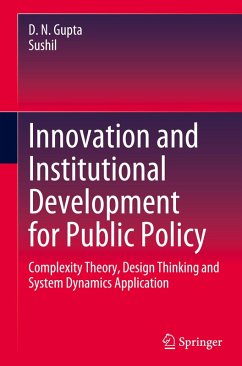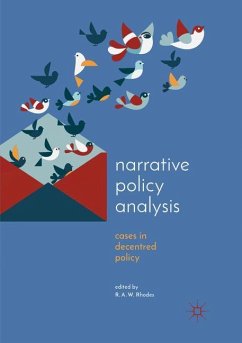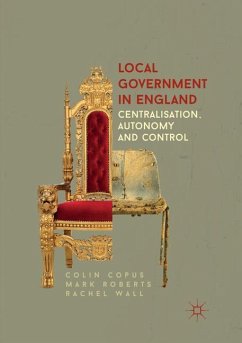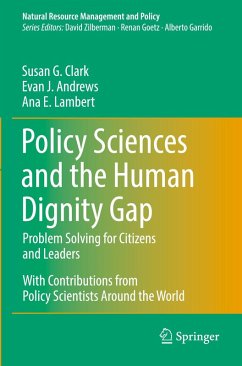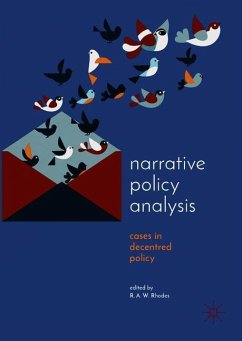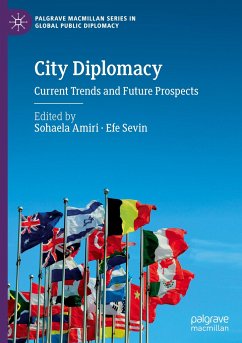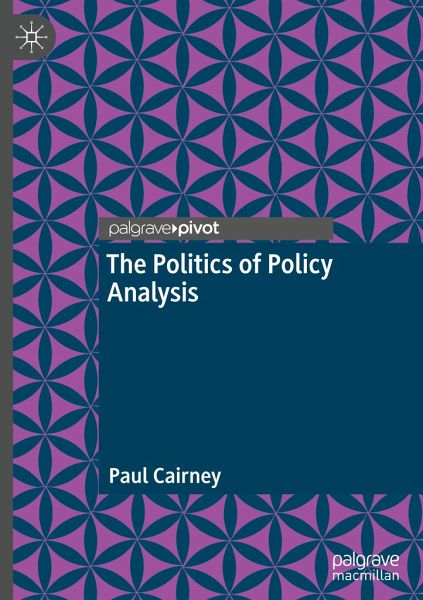
The Politics of Policy Analysis

PAYBACK Punkte
27 °P sammeln!
This book focuses on two key ways to improve the literature surrounding policy analysis. Firstly, it explores the implications of new developments in policy process research, on the role of psychology in communication and the multi-centric nature of policymaking. This is particularly important since policy analysts engage with policymakers who operate in an environment over which they have limited understanding and even less control. Secondly, it incorporates insights from studies of power, co-production, feminism, and decolonisation, to redraw the boundaries of policy-relevant knowledge. Thes...
This book focuses on two key ways to improve the literature surrounding policy analysis. Firstly, it explores the implications of new developments in policy process research, on the role of psychology in communication and the multi-centric nature of policymaking. This is particularly important since policy analysts engage with policymakers who operate in an environment over which they have limited understanding and even less control. Secondly, it incorporates insights from studies of power, co-production, feminism, and decolonisation, to redraw the boundaries of policy-relevant knowledge. These insights help raise new questions and change expectations about the role and impact of policy analysis.






